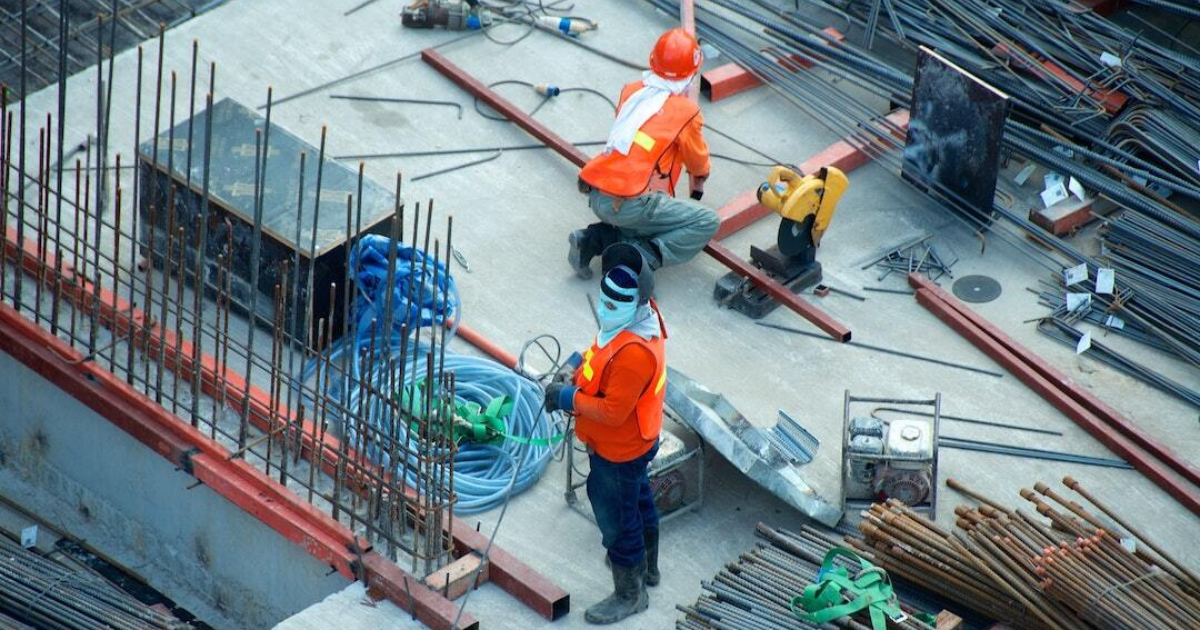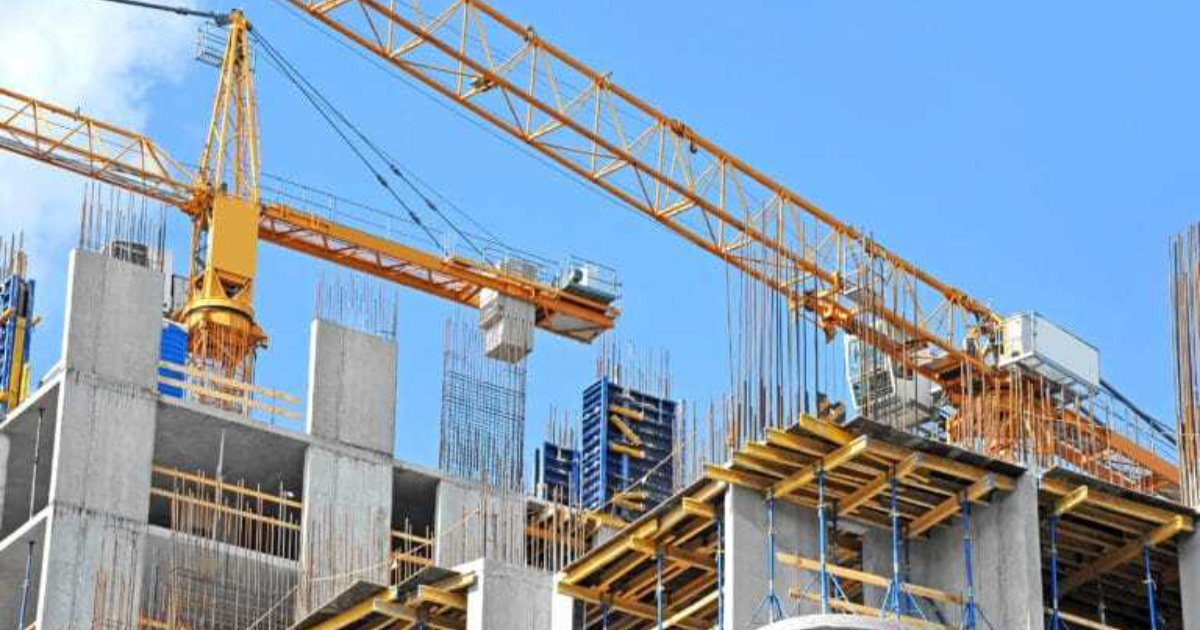Outdoor Dining Permitted in Philadelphia As of June 12, 2020
Restaurant and bar establishments which already have patio areas on their properties or have sidewalk café licenses are authorized to offer outdoor...
2 min read
Alan Nochumson : Apr 24, 2020 9:00:00 AM

For residential construction projects, including new construction, renovation, and repair, such projects may not permit more than 4 individuals on the job site at any one time, including employees of both the general and subcontractors.
For commercial construction projects, which include multi-unit as well as student housing, enclosed projects or portions of enclosed projects, may not permit more than 4 individuals on the job site of 2,000 square feet or less, but 1 additional individual is allowed for each additional 500 square feet of enclosed area over 2,000 square feet. The enclosed square footage shall include all areas under roof that are under active construction at the time.
The aforementioned limitation on individuals at a job site would not include delivery people, code inspectors, or similar persons who require only temporary access to the job site and are not directly engaged in the construction activity.
Commercial construction firms, including particularly those managing large-scale construction projects, are encouraged to establish a written safety plan for each job site containing site specific details for the implementation of this guidance to be shared with all employees and implemented and enforced by the designated Pandemic Safety Officer.
The guidelines also provide that local governments may elect to impose more stringent requirements and businesses in the construction industry would then be required to adhere to the more stringent requirements.
If you have questions about these newly issued guidelines for construction in Pennsylvania, please feel free to contact us at contact@nochumson.com and an attorney at Nochumson P.C. will immediately reach out to you to schedule a free consultation.

Restaurant and bar establishments which already have patio areas on their properties or have sidewalk café licenses are authorized to offer outdoor...

The City of Philadelphia’s Department of Licenses and Inspections (“L&I”) is now extending the deadline for compliance until Friday, March 27, 2020...

As Congress is the only branch of government which has the power of appropriations, constitutional challenges are expected to the following...